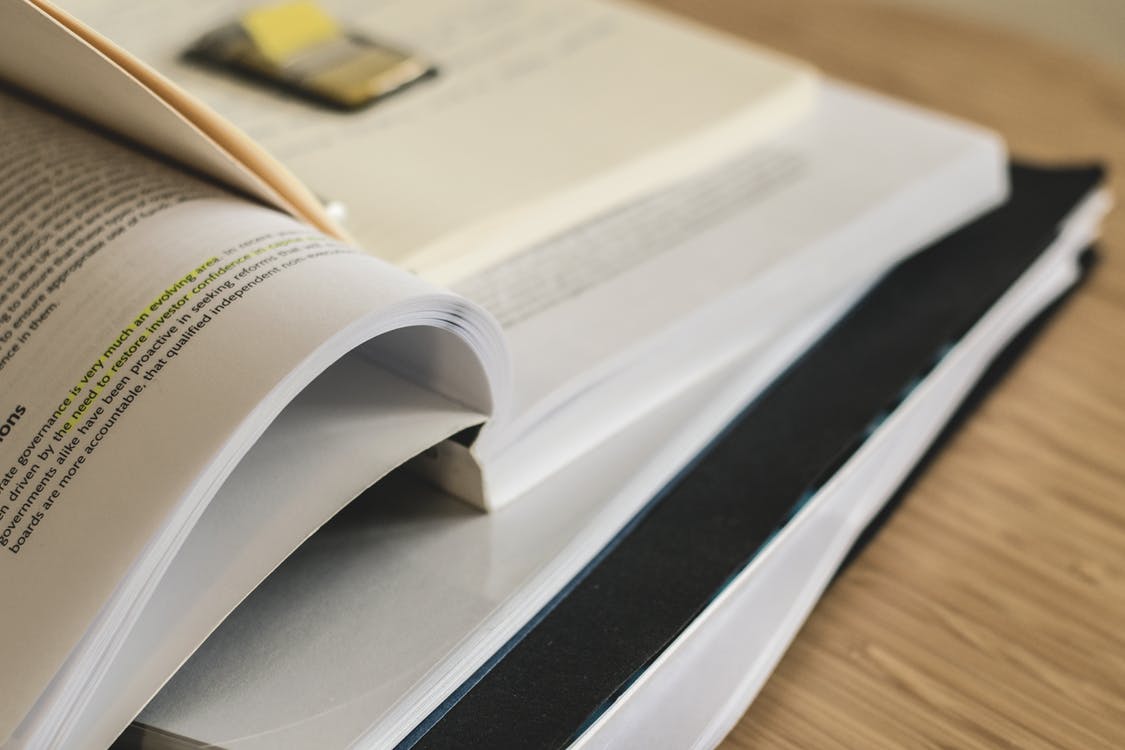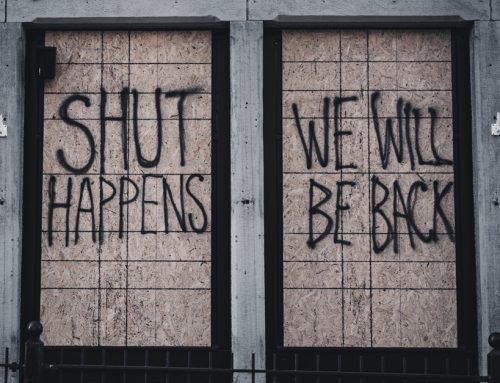By BTLawyers
So now that you’ve considered all the costs and risks and made a decision not to settle but go to trial, how should you prepare your witnesses and documents to give yourself the best chance of winning?
General Rules when dealing with witnesses
“There are known knowns, things we know we know; known unknowns, things we know we don’t know; and unknown unknowns, things we don’t know that we don’t know.”
Donald Rumsfeld, former US Secretary of State
Witnesses can generally be classified into three categories:
- Known knowns – your expert witnesses.
- Known unknowns – lay witnesses.
- Unknown unknowns – difficult witnesses
No matter what kind of witness you are dealing with – from the most experienced and expert to the most difficult, you need to minimise the risk of things going wrong with them at trial by:
- Having a conference with them prior to trial to inform them of why they have been called as a witness and to make them aware of their role in the proceeding.
- For expert witnesses, you want to confirm their opinion. For lay witnesses, you want to determine the strengths and weaknesses of their evidence so you can strategize on how best to use it at trial. For difficult witnesses, the task can be quite challenging however you need to manage them to a point where you can utilise their evidence without compromising the outcome.
- Putting extra time and investment into the Conference the more controversial their opinion or evidence is.
When you have them on the stand in Court, most importantly never ask a question that you don’t know the answer to. If you do, you run the risk of being stuck with the answer, whether it is favourable or unfavourable.
Expert Witnesses – Known Knowns
The known knowns are generally represented by your expert witnesses, usually medical or liability professionals.
One of the main benefits of preparing with these witnesses is that the Uniform Civil Procedure Rules requires their opinions to be provided in a report form which allows you to understand the content of their evidence well in advance of trial.
The best way to ensure that your expert witnesses provide helpful evidence is to:
- Ensure that they fully briefed on the materials prior to your conference and prior to trial. An expert who is asked to consider the evidence they have never seen before represents a potential risk at trial. This can be avoided by ensuring that they are kept up to date with all the evidence leading up to trial.
- Press the expert about their understanding of the mechanism of injury or circumstances of an event. An expert who keeps clear and concise notes about what the Plaintiff told them is an extremely valuable resource at Trial if the Plaintiff suddenly changes their evidence about how the incident occurred.
- Ensure that your expert meets your own expectations of a ‘good witness’. This is an intuitive step. If you think your expert will be argumentative or disrespectful at trial then you might need to consider how to use their evidence.
Lay Witnesses – Known Unknowns
The known unknowns are generally your lay witnesses.
A lay witness is any person who gives testimony in the case, but who is not an expert. They are required to give evidence of varying degree. Their role can range from proving that the pay records are true and accurate, to being a direct eyewitness to an event in dispute.
Tips on how to best manage lay witnesses include:
- Ensure that your conference with them in person. If you have to meet someone multiple times, the first meeting and the last meeting before trial needs to be in person. This will help you to get a good gauge of how they are likely to come across to a Judge – you can’t take any visual cues speaking to them over the phone.
- Respect their time. Try and minimise any inconvenience to a lay witness by meeting them during their work hours or at a place where they are comfortable to speak with you. The trial will always inconvenience a lay witness more than any other party. It can mean a day lost from work, having to make alternative arrangements to collect children, etc. It is therefore vital that you build a good rapport with the witness, and respecting their time is the first step.
- Define their roles. A lay witness could be an accounts manager who we need to prove that they printed pay records from a payroll system. Ensuring that they are clear on the role that they will play at trial will help in making the process less stressful and ensure that the evidence you need from them is given clearly and without issue. A witness who does not understand their role or their purpose is a significant risk at trial.
- Practice! In our experience, practising how a witnesses’ evidence will be scrutinised through cross-examination is extremely helpful in preparing them for the pressure of being questioned in a stressful environment.
Difficult Witnesses – Unknown Unknowns
The unknown unknowns are your difficult or inconsistent witnesses. They are often disgruntled former employees who are argumentative, unhelpful or sometimes even overly helpful witnesses.
Why must you call them? The simple answer is because you have to. There is an evidentiary principle that arose from the case of Jones v Dunkel which concludes that an adverse inference must be supported if a party fails to call a relevant witness.
This principle has been modified since its inception however the basic element remains – if you fail to call a relevant witness, a Court assumes that it was because their evidence was not going to be helpful for you.
So, how do we deal with these kinds of witnesses? The answer is simply a practical one:
- Schedule them to give evidence between two or your better witnesses. If you have two compelling witnesses you arrange for your weakest witness to give evidence between them so that you can start strong, and finish strong.
- Limit their air time. Good Counsel will identify a problematic witness and restrict them by asking specific questions and cutting them off as soon as they start to go on a tangent. Like defusing a fire, you restrict the oxygen or ‘air time’ that these witnesses have to minimise any potential risk.
- Alternatively, give them air time. This can be a risky tactic but it is one which we have seen used to great effect for the appropriate witness. If you are met with an unhelpful witness who is argumentative and disgruntled, you extract the relevant evidence from them and then allow them to air their grievances which often reveals them as completely unreliable.
In the next instalment of Trial and Error, I’ll look at the other critical piece of the trial preparation puzzle – documentation: how and what you need to secure, dealing with last-minute requests, and expecting the unexpected from your Judge.






